London Hilton bombing: anatomy of the IRA's hotel attack in 1975
Deadly Hilton explosion was just one of the attacks that scarred London during the 1970s, 80s and 90s
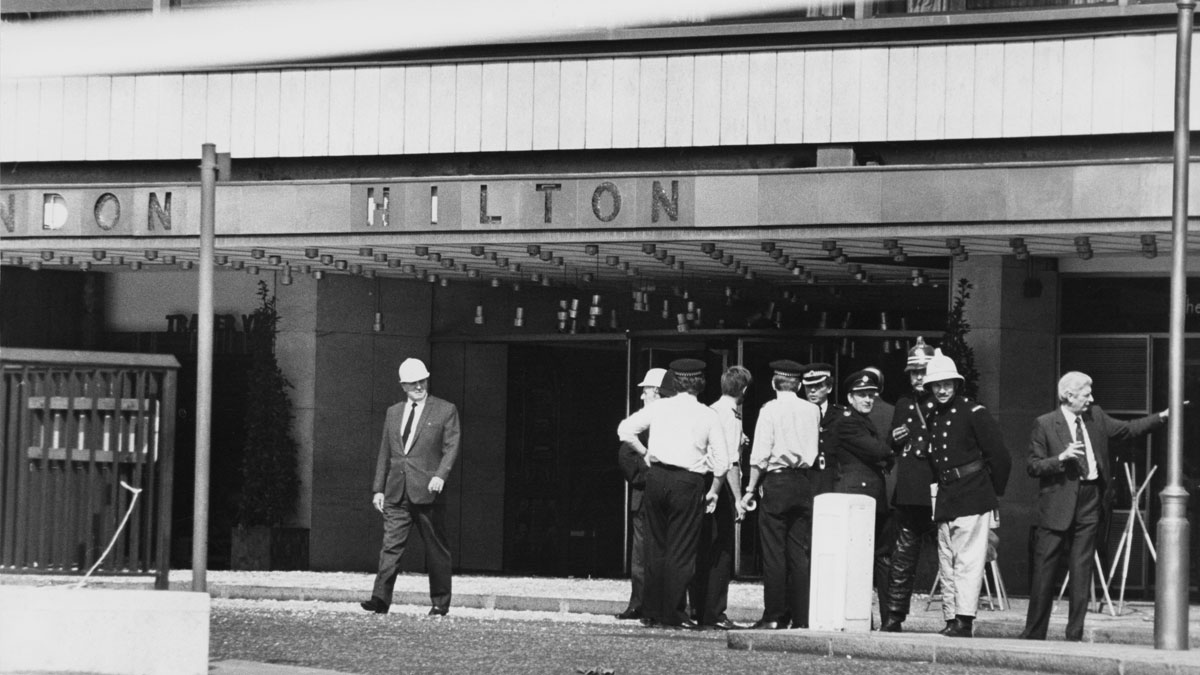
A free daily email with the biggest news stories of the day – and the best features from TheWeek.com
You are now subscribed
Your newsletter sign-up was successful
On 5 September 1975, a bomb was detonated in the lobby of the Hilton hotel in Park Lane, London, killing two and injuring dozens more. The IRA attack on the hotel was one of many so-called "spectacular" attacks mounted in London and other cities on the British mainland between the early 1970s and mid 1990s.
What happened on the day of the bombing?
At 11.55am, the offices of the Daily Mail received a phone call warning that a bomb would detonate in the Hilton hotel within the next ten minutes. Scotland Yard were contacted immediately, and three police officers quickly despatched to investigate the threat.
The Week
Escape your echo chamber. Get the facts behind the news, plus analysis from multiple perspectives.

Sign up for The Week's Free Newsletters
From our morning news briefing to a weekly Good News Newsletter, get the best of The Week delivered directly to your inbox.
From our morning news briefing to a weekly Good News Newsletter, get the best of The Week delivered directly to your inbox.
On arrival at the Park Lane hotel, the officers began a hasty evacuation operation – but there was not enough time to empty the building before the bomb exploded in the lobby at 12.18pm.Two people were killed in the blast. One, Robert Anthony Lloyd, was a married casino manager, with two children, who worked nearby, while the other was 39-year-old Dutch tour operator Grace Lodhuis. Sixty-three more people were injured in the explosion, many seriously. A Metropolitan Police officer responding to the incident recalled seeing "persons with both lower limbs blown off" among the casualties at the scene.
The Provisional IRA claimed responsibility for the attack, which was carried out by a unit which came to be known as the Balcombe Street gang. The group was responsible for a wave of more than 20 terror attacks in London before its members were arrested in December 1975.
What was the reaction to the attack?
The bombing did not receive the wall-to-wall coverage that might have been expected. By the time of the Hilton bombing, the Troubles had already killed more than 1,000 people on both sides of the Irish Sea, and the British public had become used to living under the threat of terrorism. To put the Hilton attack in context, an ITN journalist interviewing the head of Scotland Yard's bomb squad just after the incident asked how the explosion compared to others in London over the past few days.
A free daily email with the biggest news stories of the day – and the best features from TheWeek.com
The bombing of two Birmingham pubs ten months previously, which killed 19 and wounded 180 more, as well as deadly attacks on pubs in Guildford and Woolwich, continued to dominate the headlines as the public demanded action to catch the killers. This pressure would ultimately lead to the wrongful conviction of the Guildford Four and the Birmingham Six, considered two of the great miscarriages of British justice.
The Balcombe Street gang was caught by police on 12 December 1975 after a six-day siege on the London street which gave them their name. At their trial at the Old Bailey, the unit's members were tried on seven murder charges, including the death of bomb disposal officer Roger Goad, killed attempting to defuse one of their devices. The group was also responsible for the assassination of Guinness World Record co-author Ross McWhirter, who had publicly offered a reward for information leading to the arrest of the gang.
When it came to the Hilton bombing, however, the men claimed that they did not intend to kill anyone and had tipped off the Daily Mail to clear the building. The jury accepted their arguments and the men were convicted of manslaughter but, given the seriousness of the other charges, all four men were given life sentences. In April 1999, they were released under the terms of the Good Friday Agreement.
What happened next?
The IRA continued to target Britain throughout the 1980s and 90s, including the notorious bombing of the Conservative Party conference in 1984, which killed five but missed its primary target, Margaret Thatcher. In all, it is estimated that the IRA was responsible for the deaths of 1,800 people during the Troubles. There has been no IRA attack on mainland Britain since 2001, says the BBC, although sporadic violence continues to flare up in Northern Ireland.
The IRA left an unusual legacy in the capital – the removal of many of London's rubbish bins, a favoured location for planting bombs. From 1991 until 2011, there were no bins on the London Underground, while litter bins only reappeared in London's Square Mile in 2013, 20 years after all 2,000 were removed.
London's stoic response to the July 7 bombings in 2005 was credited by some to the city's experience with the IRA. "We are all so used to it with the IRA surprise attacks – it's not something you dwell on, but you take it in your stride," one Londoner told the LA Times.
-
 Health insurance: Premiums soar as ACA subsidies end
Health insurance: Premiums soar as ACA subsidies endFeature 1.4 million people have dropped coverage
-
 Anthropic: AI triggers the ‘SaaSpocalypse’
Anthropic: AI triggers the ‘SaaSpocalypse’Feature A grim reaper for software services?
-
 NIH director Bhattacharya tapped as acting CDC head
NIH director Bhattacharya tapped as acting CDC headSpeed Read Jay Bhattacharya, a critic of the CDC’s Covid-19 response, will now lead the Centers for Disease Control and Prevention
-
 How the ‘British FBI’ will work
How the ‘British FBI’ will workThe Explainer New National Police Service to focus on fighting terrorism, fraud and organised crime, freeing up local forces to tackle everyday offences
-
 How the Bondi massacre unfolded
How the Bondi massacre unfoldedIn Depth Deadly terrorist attack during Hanukkah celebration in Sydney prompts review of Australia’s gun control laws and reckoning over global rise in antisemitism
-
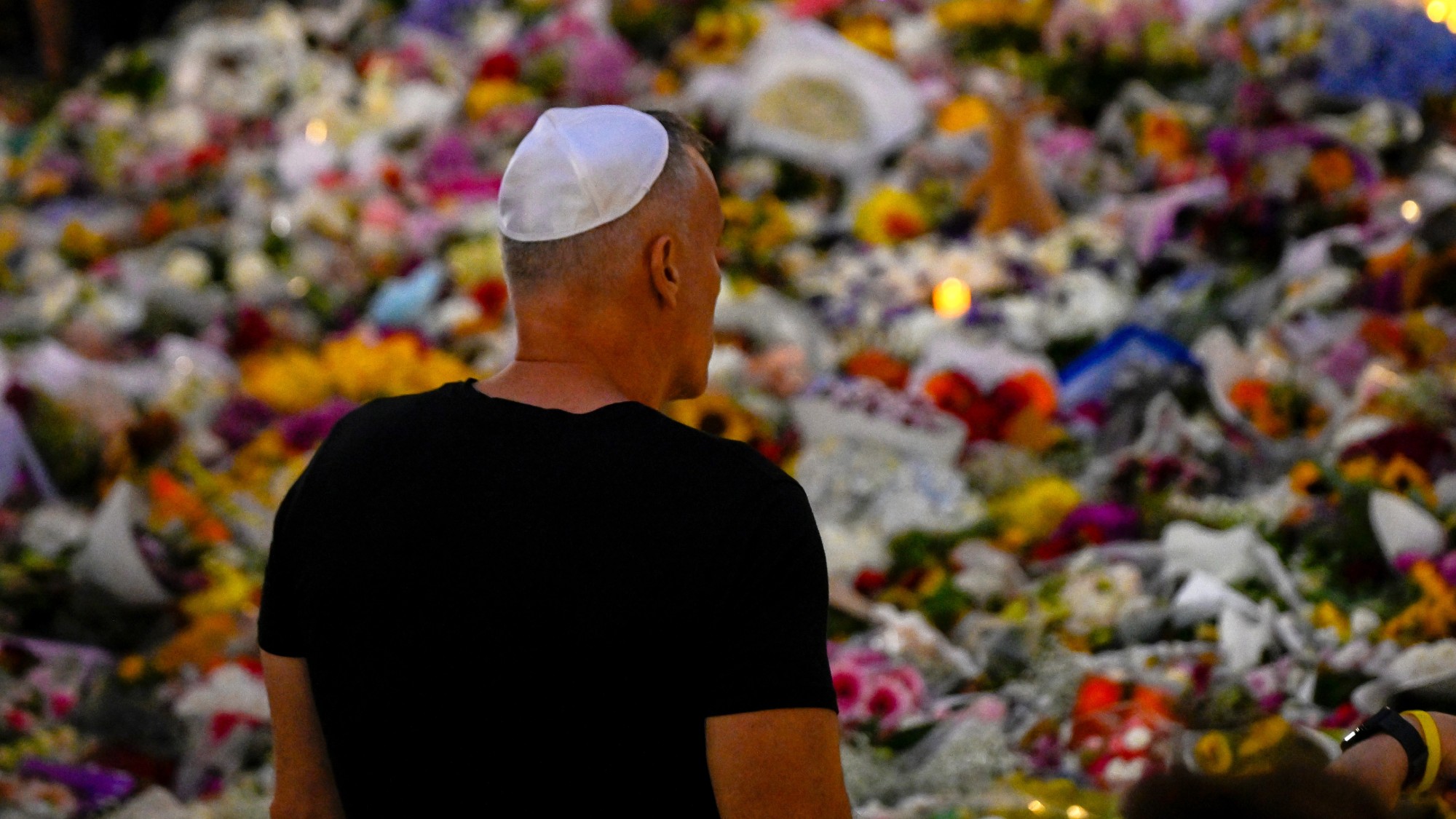 Who is fuelling the flames of antisemitism in Australia?
Who is fuelling the flames of antisemitism in Australia?Today’s Big Question Deadly Bondi Beach attack the result of ‘permissive environment’ where warning signs were ‘too often left unchecked’
-
 ‘Stakeknife’: MI5’s man inside the IRA
‘Stakeknife’: MI5’s man inside the IRAThe Explainer Freddie Scappaticci, implicated in 14 murders and 15 abductions during the Troubles, ‘probably cost more lives than he saved’, investigation claims
-
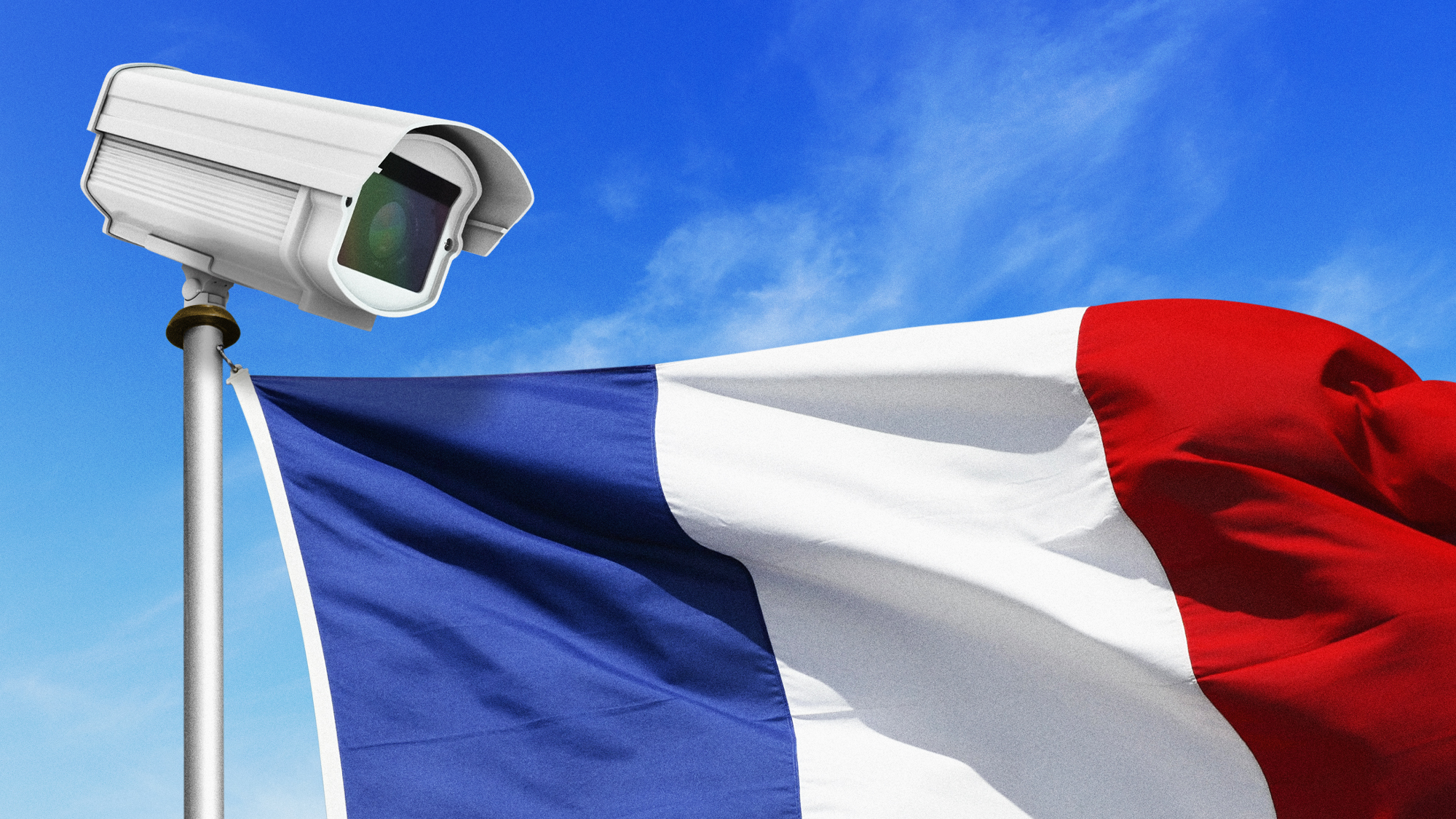 Ten years after Bataclan: how has France changed?
Ten years after Bataclan: how has France changed?Today's Big Question ‘Act of war’ by Islamist terrorists was a ‘shockingly direct challenge’ to Western morality
-
 Arsonist who attacked Shapiro gets 25-50 years
Arsonist who attacked Shapiro gets 25-50 yearsSpeed Read Cody Balmer broke into the Pennsylvania governor’s mansion and tried to burn it down
-
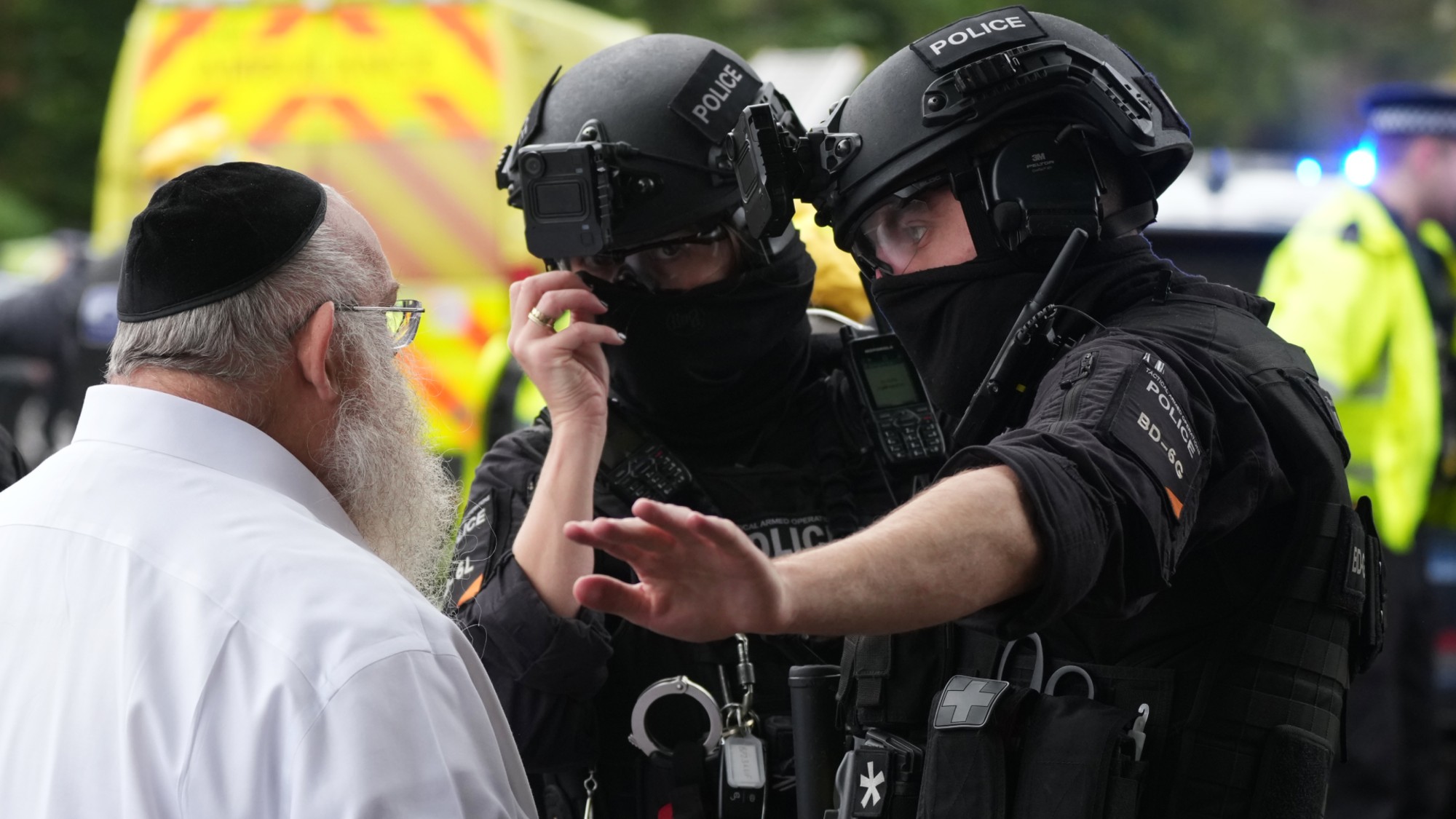 Manchester synagogue attack: what do we know?
Manchester synagogue attack: what do we know?Today’s Big Question Two dead after car and stabbing attack on holiest day in Jewish year
-
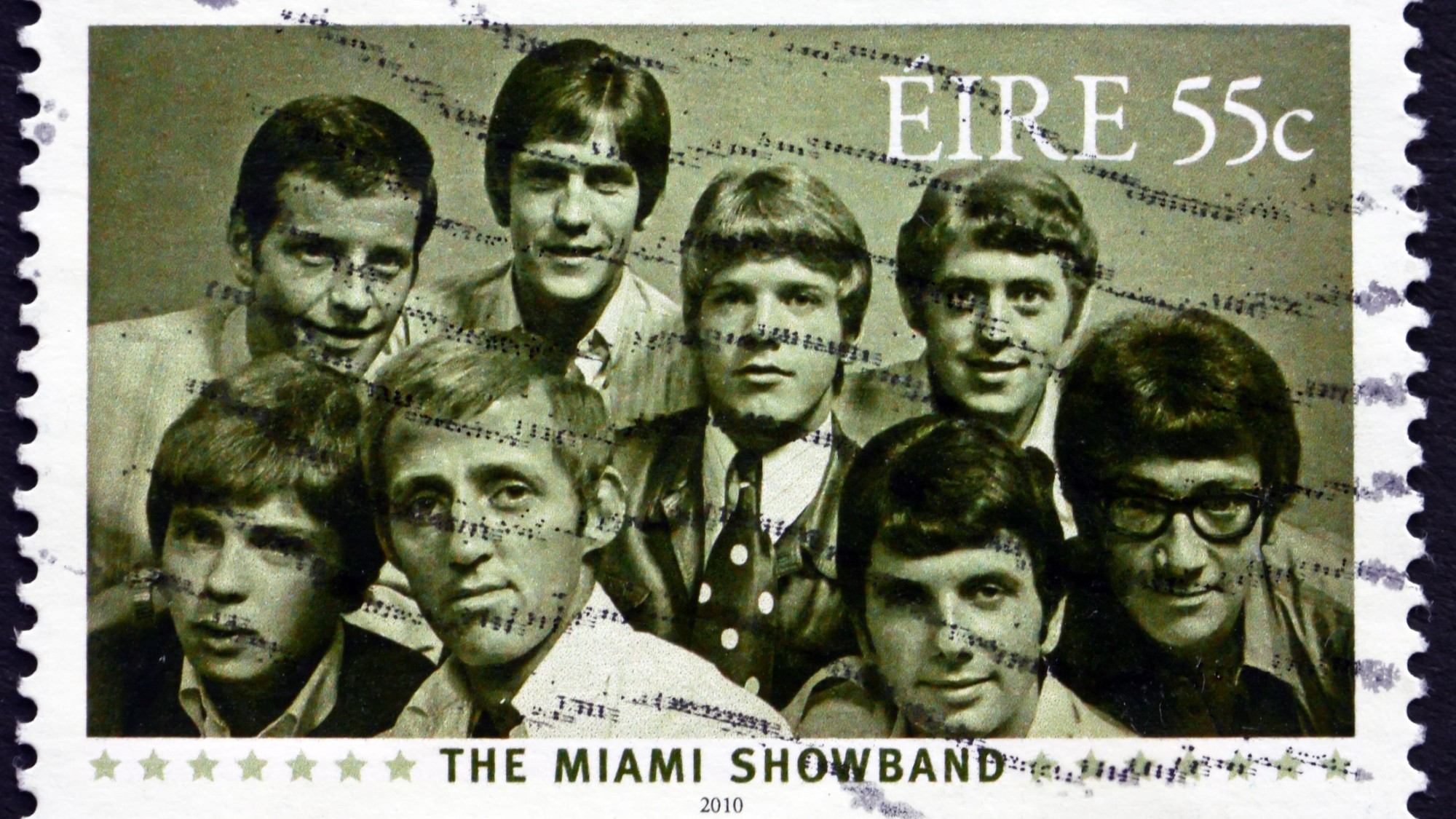 The Miami Showband massacre, 50 years on
The Miami Showband massacre, 50 years onThe Explainer Unanswered questions remain over Troubles terror attack that killed three members of one of Ireland's most popular music acts